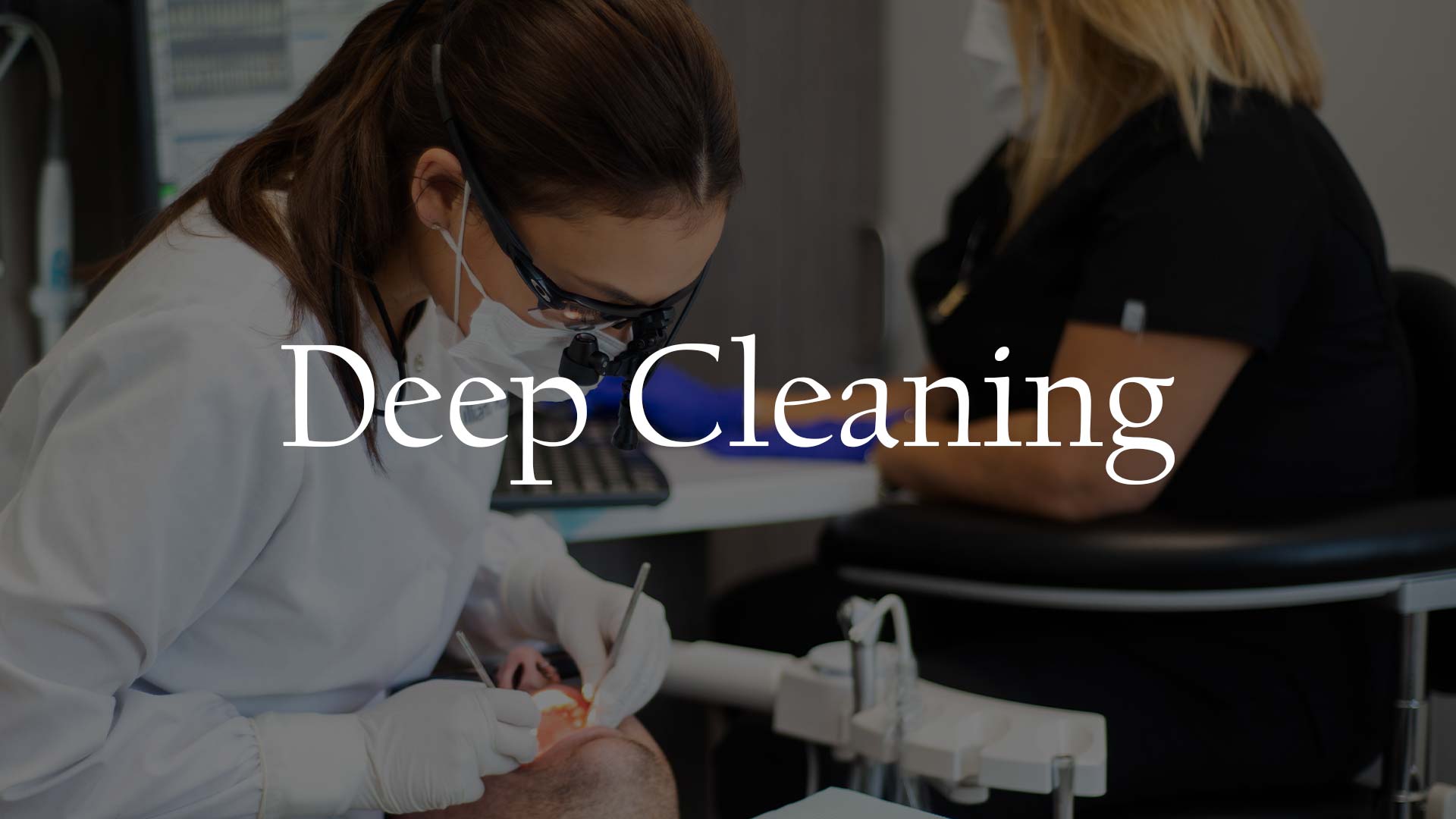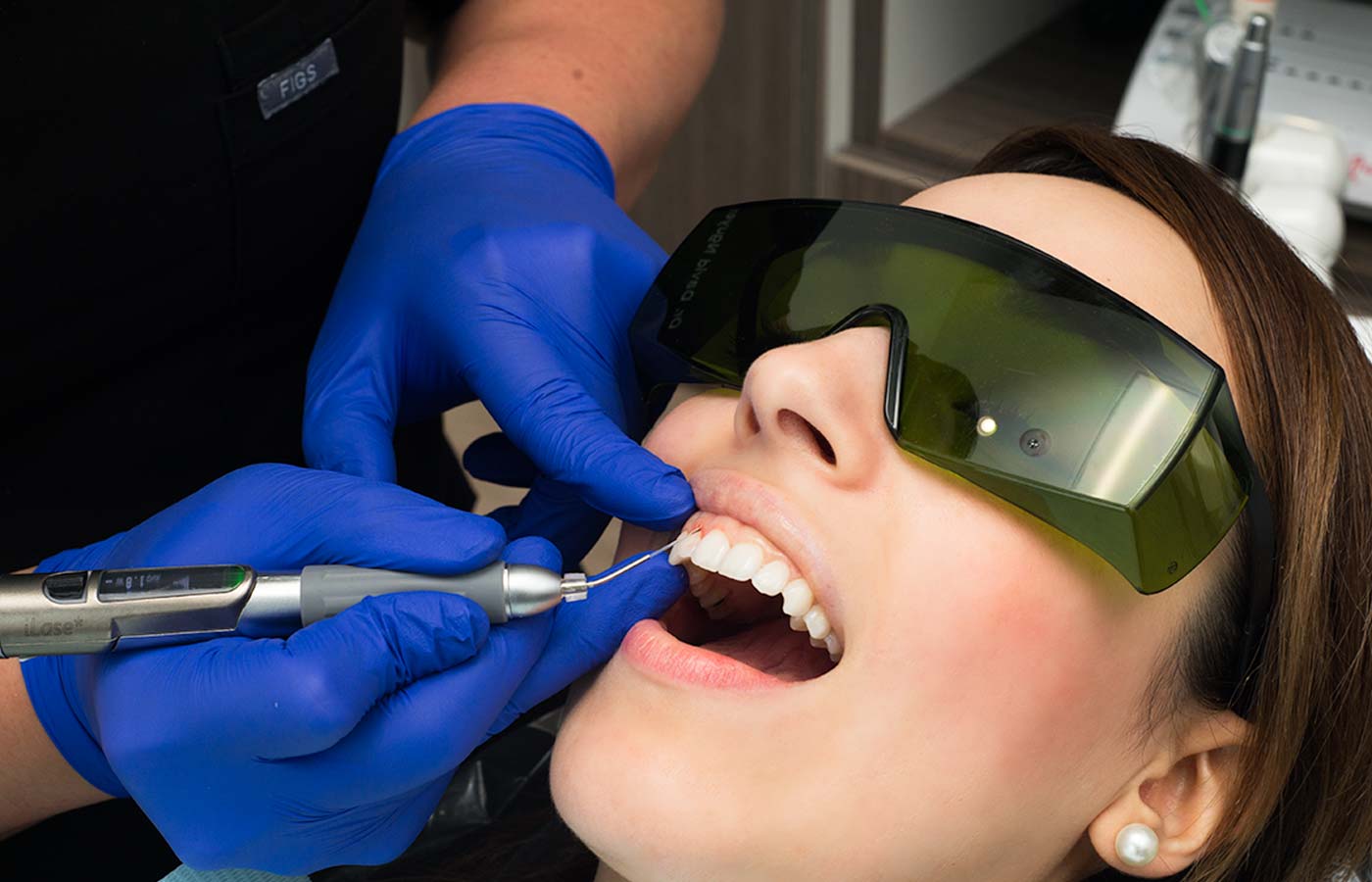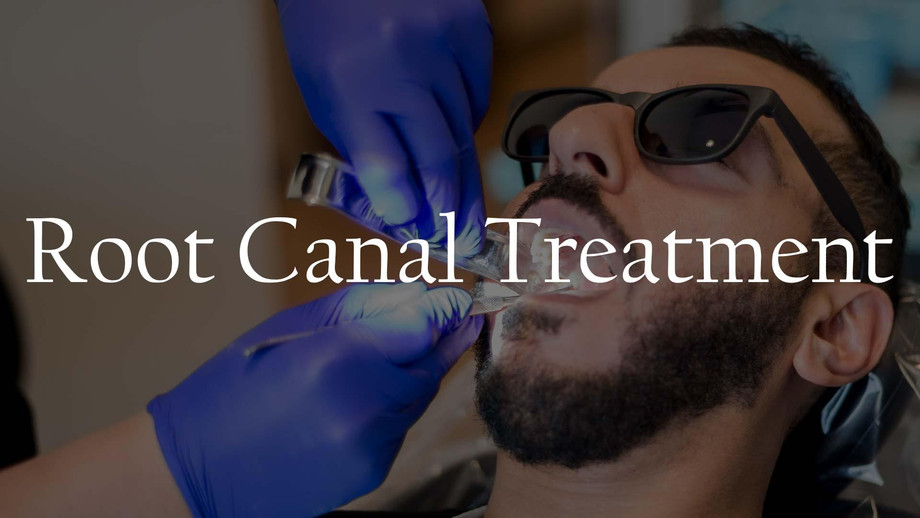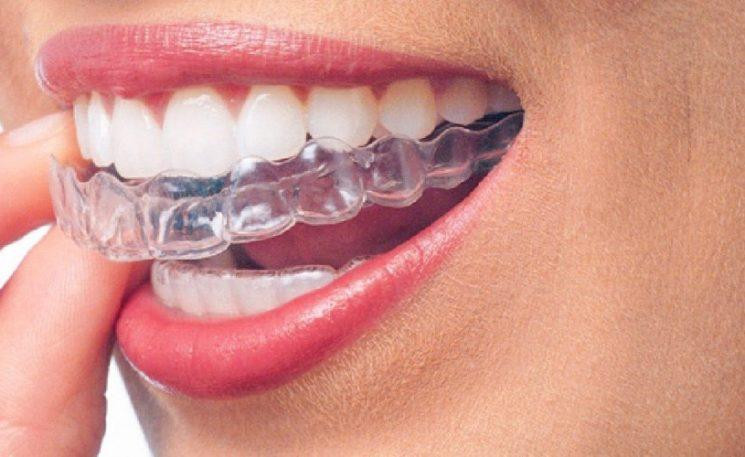celestepecks's blog
Dental veneers are thin, custom-made tooth-colored shells that dentists can place on the front surface of the teeth. Dentists use DentalVeneers Houston to improve the appearance of your teeth and hide the chipped, stained, or uneven teeth. For some people, damaged, discolored, or crooked teeth can affect self-esteem and confidence. Dental veneers can bring the lost confidence bay by giving you perfectly aligned, white, and even teeth.
Dental veneers are the best solution for those who want a long-term solution to their persistent cosmetic concerns. Specifically those that do not respond to other dental treatments. Such as braces, teeth whitening, or retainers. According to the dentist open near me, veneers can treat issues like tooth decay, small chips and cracks, stains and discolorations, gaps between the teeth, and more.
What are the different types of veneers dentists use?
According to Top Dentist In Houston, there are mainly two types of dental veneers. Porcelain dental veneers, and resin-based composite.
- Porcelain veneers.Porcelain Veneers Houston is a complex. You can apply the thin caps to the tops and sides of teeth. A dentist will remove some enamel and take an impression of the teeth to make a mold before placing porcelain veneers. They will send the mold to a laboratory that will construct the custom-fit porcelain veneers after this initial visit.
While a person waits for the permanent veneers to complete, the dentist may place temporary veneers on the teeth. The dentist will check whether the veneers fit and are a good color during the following appointment and make any necessary revisions. The veneers are then bonded to the teeth by the dentist.
- Resin composite veneers. Composite veneers, however, are less expensive and needless enamel removal. Before inserting the composite veneer, a dentist may not need to remove any enamel. The dentist will begin by cleaning, contouring, and prepping the teeth before placing resin-based composite veneers. They will bind and mold the composite material after preparing the teeth, altering the color so that the Veneers Houston appears natural in the person's mouth. When porcelain veneers are cracked or damaged, composite veneers are usually easier to replace when porcelain veneers are broken or damaged.
What is the aftercare procedure for dental veneers?
The Dentists open on Saturday may wish to check the veneers in a follow-up session after installing them. They will check to see if the veneers have stayed in their place and are comfortable for their wearer. If any of the veneers do not feel correct, this is an excellent time to let the dentist know so that they can rectify them. However, because veneers can stain over time, a person should avoid coffee, tea, and red wine, as well as other foods that might stain teeth, to ensure that they last as long as possible. Following their treatment, a person with new dental veneers does not need to avoid certain meals or beverages.
Conclusion
We can, at this moment, conclude that the above information is both helpful and important in terms of varicose veins treatment. The above information tells us essential things about veneers, different types of veneers dentists use, aftercare procedures for dental veneers, and more. For further information, please contact dentistopenonsaturday.com
Article Source :- https://www.peptalkblogs.com/what-are-the-essential-things-to-know-about-dental-veneers/
Deep Dental Cleaning is different from regular dental cleaning. Dentists perform this procedure behind the gum line. Tartar can build up on the outside and roots of teeth. This tartar, if left unchecked, can lead to dangerous bacterial infections. out planing or Periodontal scaling is a treatment used by dentists to eliminate this material. If manual scraping fails to remove the tartar, they will utilize an ultrasonic removal instrument. The fundamental difference between Dental Deep Cleaning and regular cleaning is this.

Getting rid of tartar might be a difficult task at times. The scaling and root cleaning can cause discomfort so the dentist may give you a topical or local anesthetic to numb your teeth gums. You can expect some sensitivity after your treatment. Your gums might swell and have some minor sensitivity after the treatment.
Why is deep dental cleaning necessary?
There is no clear answer for how often you should get Dental Teeth Cleaning but scheduling dental appointments is something that dentists recommend. That's because every treatment requires a different approach. During these visits, your dentists will recommend whether the Dental Deep Cleaning Procedure is necessary for you or not. The other sign of needing deep dental cleaning is checking for gum disease. You can measure how far your gums have pulled away from your teeth. Any more than five millimeters deep pockets will require deep cleaning teeth. Other symptoms include things like
- Bleeding gums
- Swelling gums
- Pus in the gums
- Bruising around the gums
- Bad smelling breath
What is the process of deep dental teeth cleaning?
Your Emergency Dental specialist will review your medical history and take an x-ray before the treatment. They'll have a better sense of which areas to concentrate on this method. The dentist will use a specific tool to measure the depths of the gum sockets after this preliminary planning stage.
Dentists use this method to determine whether the patient has gingivitis or periodontitis. After this, the calling process will begin. The scaling process revolves around the tartar from the teeth. When dentists polish the teeth with a polisher, the dentists may also go over final flossing with you.

What to expect after deep teeth cleaning procedure?
After the deep cleaning teeth procedure, you may experience some slight soreness. As a result, you should avoid hot, crunchy, hard, acidic, or sticky foods. Brushing with toothpaste is also recommended for sensitive teeth. Quickly. Avoid touching the affected region if at all possible. To avoid agitating the gums, wait one week before flossing. If swelling occurs, try washing with a saltwater solution.
Conclusion
We hope that you learn some valuable stuff from the information given above. In the above matter, we discussed the advantages of a deep dental cleaning, the process of deep teeth cleaning, and more. For more information regarding deep dental cleaning, contact dentistopenonsaturday.com
Article Source :- https://www.mybusinessmusings.com/what-do-you-know-by-dental-deep-cleaning-procedure/


